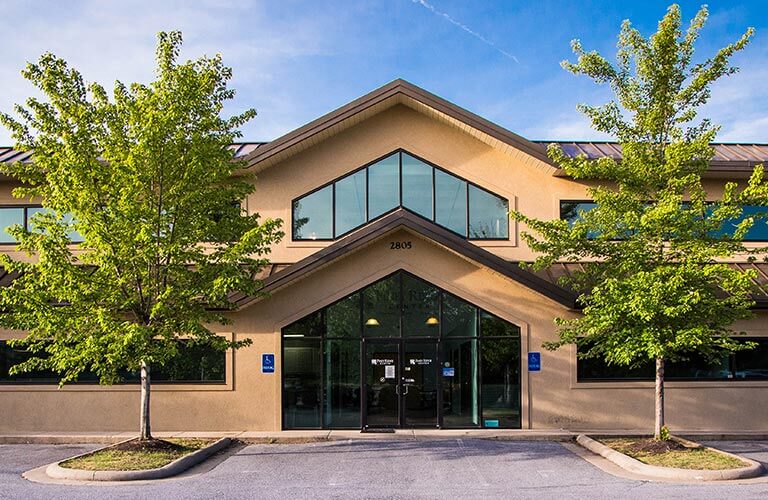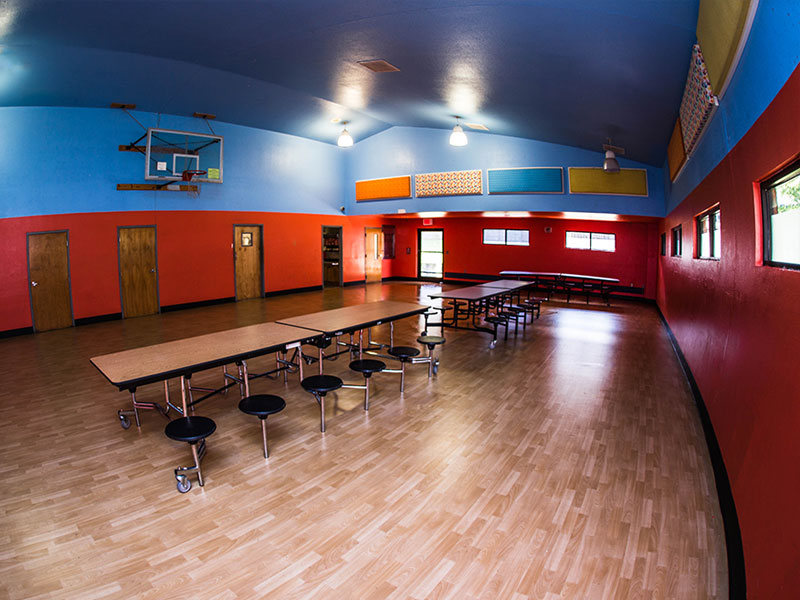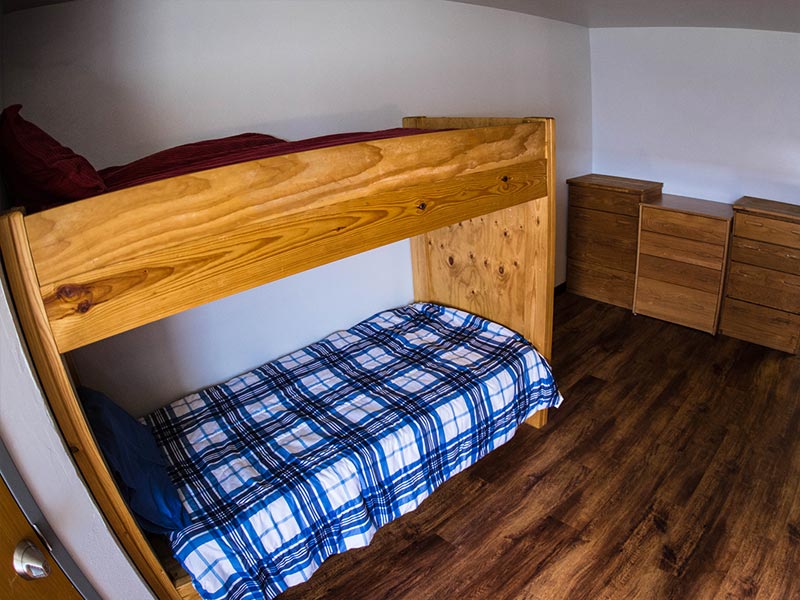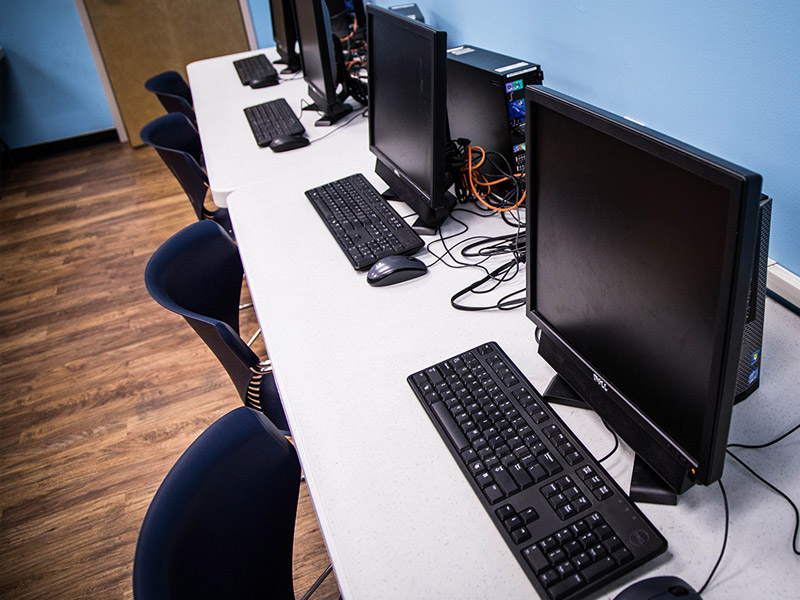Piney Ridge Treatment Center helps children & adolescents struggling with intermittent explosive disorder build a strong foundation for long-term recovery. Located in Fayetteville, AR, Piney Ridge is the leading provider of intermittent explosive disorder treatment.
Intermittent Explosive Disorder Treatment
Learn more about intermittent explosive disorder treatment at Piney Ridge Treatment Center in Fayetteville, Arkansas
Intermittent explosive disorder (IED) is a behavioral disorder that involves repeated episodes of impulsive, aggressive, or violent anger. If your teen has IED, you may have become accustomed to the verbal abuse during your loved one’s “spells.” You know that he or she grossly overreacts to even the most minor annoyances. Your child or teen may fly into a rage and engage in temper tantrums that are far beyond what is expected for the child’s developmental level. People who have IED may attack other people and their possessions, which can lead to a whole host of legal problems for your child. Following an episode it is common for your child to feel much remorse and guilt about their behavior. Right now you may be at a loss for what you can do to help your child, but rest assured because Piney Ridge can help.
Piney Ridge Center has spent nearly two decades treating children and teens ages 7 through 17 who are struggling with intermittent explosive disorder and sexually problematic behaviors. Our residential treatment center treats both the behavioral health disorder and the sexually problematic behaviors at the same time, which allows us to help heal the whole child and provide care that meets all the needs of our resident.
How to Help a Loved One
Helping a loved one get treatment for intermittent explosive disorder
If someone you love is struggling with intermittent explosive disorder, you may be frustrated and angry at the child or teen for his or her behaviors. Coping with IED and the family dynamic may have caused intense stress on everyone in the family unit. You may spend much of your time shielding other family members from the bursts of anger and violence. You may know your child needs help but may not know how to go about receiving it. In order to properly treat IED, it must be diagnosed. Here are some of the symptoms of IED:
- Irritability
- Road rage
- Breaking other people’s property
- Lashing out and harming others
- Throwing and breaking items
- Angry verbal abuse
- Causing physical injury to him or herself or others
If your child requires treatment for IED, you must ensure that you are taking care of yourself as well. Here are some self-care tips for coping with intermittent explosive disorder:
- Learn what you can about IED so you can better understand the symptoms and treatment options
- Take time each day for yourself
- Seek the support of a trained professional and a support group
- Make sure other members of the family are getting the support and care they need to recover from their loved one’s IED
Why Consider Treatment
Why consider treatment for intermittent explosive disorder at Piney Ridge Treatment Center in Fayetteville, Arkansas
If your child or teen is living with untreated intermittent explosive disorder, the consequences to his or her personal life may be devastating. He or she may begin to use drugs or alcohol to control the angry impulses, or may begin to have trouble with the law after episodes of violence and anger directed at others. Property damage may lead to greater legal problems for your child. He or she may have hurt him or herself during an outburst and required major medical attention. Something must be done to intervene in your child’s life.
A residential program that includes a highly-structured environment, various traditional and experiential treatment approaches, and medication management has been shown to help those with IED learn ways to cope with their anger and reduce the instances of angry outbursts. A residential treatment center allows your child to escape the problems of his or her daily life and focus upon recovery while living with others who have similar challenges. This can help a child who feels he or she is “always bad” develop social skills and the self-esteem needed to become a productive member of society.
Our Philosophy
Piney Ridge Treatment Center philosophy and benefits
At Piney Ridge Treatment Center, we firmly believe that every child and family who comes to us for help is truly unique and deserves to have a treatment plan personalized to meet each of his or her own individual set of needs.
At Piney Ridge, we recognize that because sexual thoughts and behaviors are meant to be private parts of people’s lives, they are things that need to be addressed in a therapeutic manner meant solely for the purpose of reshaping how our patients will behave in the future. Our program is designed to provide patients with the ability to understand how to accept responsibility for their past behaviors so that they can make the changes that they need to in order to get well.
Types of Treatment
Types of intermittent explosive disorder treatment offered at Piney Ridge Treatment Center in Fayetteville, Arkansas
Upon arrival at our treatment center, each child will undergo a number of evaluations that will help us best treat each part of their presenting concerns. The medical examination will allow us to diagnose and treat any medical conditions they may be struggling with and determine if there are drugs or alcohol in their system. Our psychiatric evaluation will diagnose co-occurring disorders, the severity of your IED, as well as the type of deviant sexual behaviors. We’ll take the results of these evaluations and work with you and your child to create a plan of care that meets all of your treatment needs and goals.
Medication may be used as a part of your treatment plan, to manage co-occurring disorders, your IED, and other challenges. While there are no medications specifically created to treat IED, there are a number of different types of medications that may be used. Types of medications used to treat IED may include antidepressants, anticonvulsants, anti-anxiety agents, and mood stabilizers. Medications will be closely monitored and adjusted by your child’s treatment team.
Individual therapy is held once per week – more as needed – and will allow your child private time to work with a therapist in an open, therapeutic environment. Individual therapy will help your child identifying triggers for outbursts, preventing relapse, and how to cope when you feel an outburst coming on. Sexually maladaptive behaviors will also be explored in greater detail.
Group therapy is held each day and will cover a wide array of topics. Some groups may be same-sex while others may combine boys and girls in the same treatment group. Groups can be a wonderful way for your child to bond with others going through similar challenges so they can each grow, learn, and heal. Group topics may include anger management, empathy training, life skills, sexual safety, and family issues.
Family therapy sessions are held once per week and loved ones will have the opportunity to visit three times each week during designated hours. Family sessions will focus upon education and training for family about IED and ways they can help in the recovery. We will offer loved ones the chance to process their emotions regarding the sexual behaviors and intermittent explosive disorder diagnosis.
At Piney Ridge Treatment Center, we know that treating a child or teen involves much more than simply providing therapy and structure. That’s why we offer a range of experiential treatment programs, which include:
- School-based programming
- Expressive therapy
- Recreational activities
- Activity therapy
- Spiritual guidance
Continuing Care
Continuing care and levels of treatment for intermittent explosive disorder
As discharge approaches, your child will sit down with you and their therapy team to work out an appropriate aftercare option that meets their continuing treatment needs. We’ve found that some of our clients find they’d like to gradually reintegrate back into their community and opt to join a partial hospitalization program (PHP) or intensive outpatient program (IOP). Both PHP and IOP programs are outpatient programs that allow you to continue working on your recovery during the day while spending evenings and weekends at home. Other clients may find they’ve made enough progress in our program that they’re ready to discharge directly to home with referrals to traditional outpatient therapy and available community resources.




